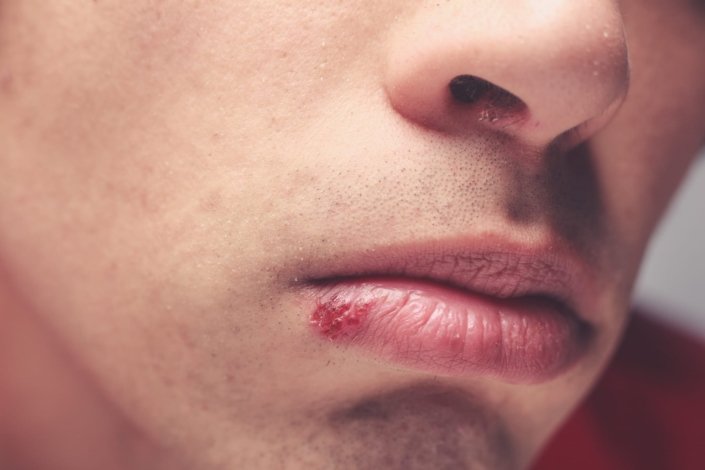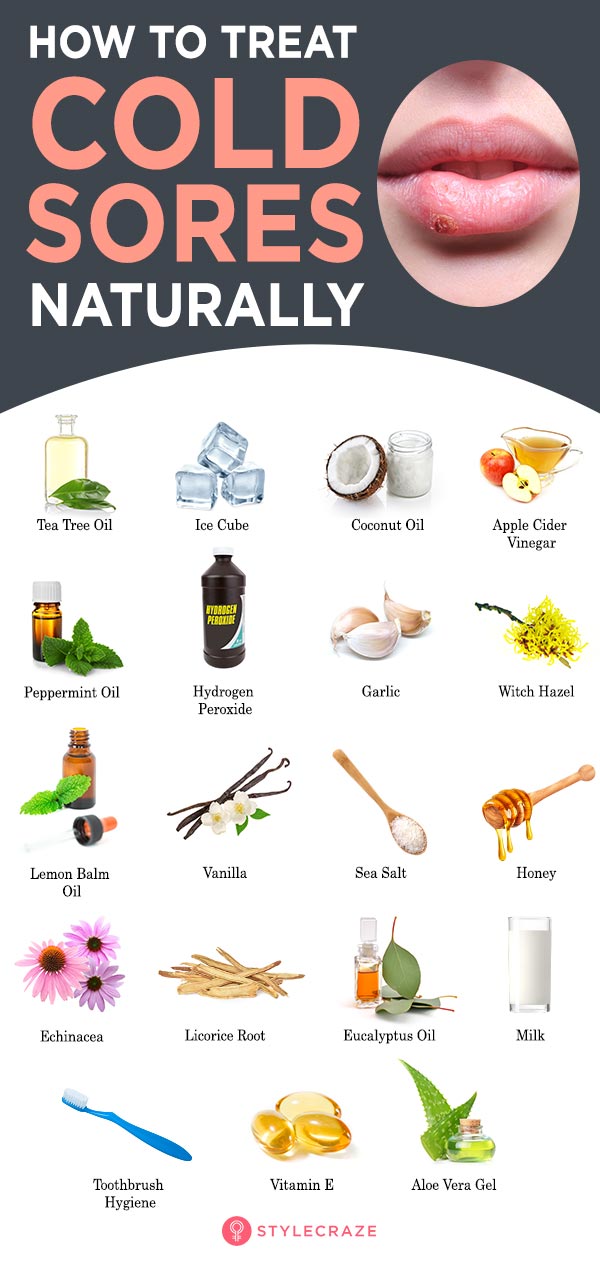How to Manage a Cold Sore

Cold sores are a common symptom of an ongoing viral infection. They typically recur in the same area each time they develop. Most people experience localised itching and pain before the outbreak, which is often accompanied by a burning sensation and heat. Blisters usually burst in one to two days and may be painful. Although treatment is not necessary, it may help to prevent the recurrence of the condition.
A cold sore can be very uncomfortable. Symptoms include burning, tingling, and tingling. Some parents may notice that their child is constantly touching or scratching their lip. The area may also swell and be red. While most people have no symptoms when they first develop a cold sore, there are ways to minimize the discomfort and reduce the risk of recurrence. Listed below are some tips to help you manage the discomfort caused by a cold sore.
A cold sore can be very painful, and it is important to get the proper medical attention. You should avoid kissing or sharing utensils with anyone with a cold sore. You should avoid contact with people who have cold sores and keep your distance from them. Do not touch the cold sore if it is not scabbed, and wash your hands often to reduce the risk of infection. You should not share personal items with people with cold sores.
If you suffer from frequent outbreaks or are at high risk for severe complications, your doctor might prescribe antiviral medication. Sunscreen and oral antiviral drugs can help prevent sun-triggered cold sores. A warm bath or a shower can help relieve discomfort and soothe the cold sore. Taking an over-the-counter medication containing an analgesic can relieve the pain and reduce the length of the outbreak. If your outbreak is more severe, you should consult your doctor and take over-the-counter medications if necessary.
Cold sores can appear anywhere from one to 20 days after a virus has infected the area. They may appear near the place where the virus entered the body. A cold sore usually appears on the face, and blisters form within 12 to 24 hours. The blisters become red and swollen, and will eventually break. They will ooze fluid for two to three days. Afterwards, a scab will form over the sore, preventing further infection.

Antiviral drugs are drugs that kill the virus. These medicines should be applied to the ulcer as soon as it begins to form. These drugs should be used as soon as an outbreak begins. Many people will find that they can apply antiviral creams and tablets to their ulcers. If they don’t work, prescription medications may be a good option. In some cases, medication is not enough, but some people find relief from over-the-counter medications.
Symptoms of herpes may include a painful flare and fever. You can apply a cold compress or use a hot compress to relieve pain. Be sure to thoroughly clean the area after applying any medication. Herpes can also be caused by direct physical contact. If you have herpes, you should avoid kissing, touching your lips, or sharing things with others. These actions will prevent the appearance of a new ulcer and help shorten its duration.
You can also apply an antiviral cream to the wound to reduce pain and discomfort. Creams contain ingredients that help reduce pain and discomfort, but do not eliminate the virus from the body. However, they can shorten the duration of an outbreak and prevent it from recurring. A good way to treat cold sores is to wash your hands frequently and apply a cool compress. Once the blisters have healed, it is best to wash your lips frequently with soap or a warm compress.
If you suffer from herpes, you can treat it with over-the-counter creams listed at sarjana.co.id. These creams contain an analgesic that reduces the pain and discomfort caused by an outbreak. It’s important to avoid touching your face when you have herpes because it can spread the virus to other parts of your body. If possible, share drinking containers with others to avoid spreading the virus.